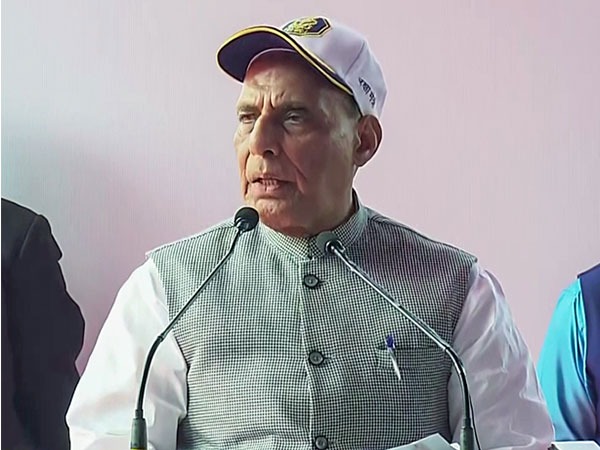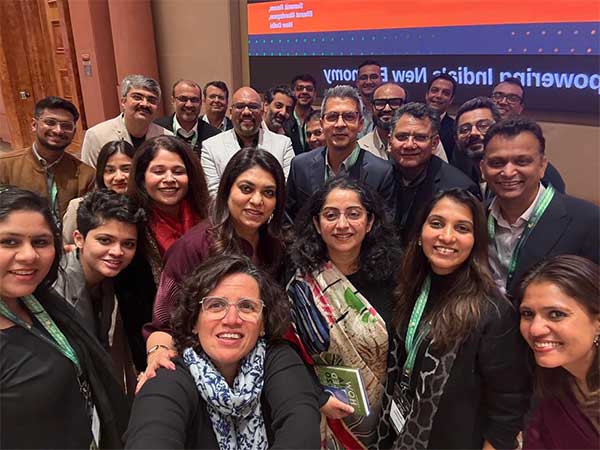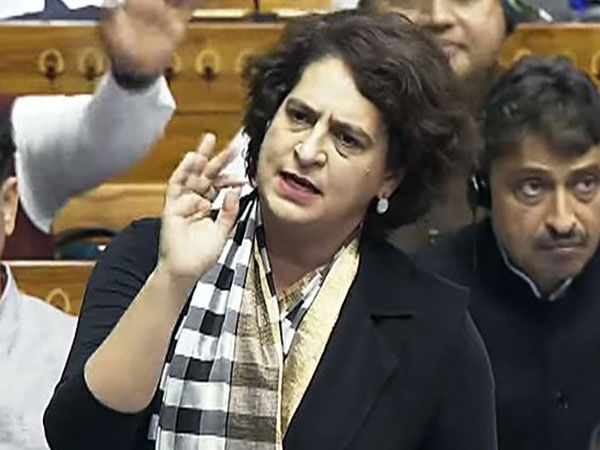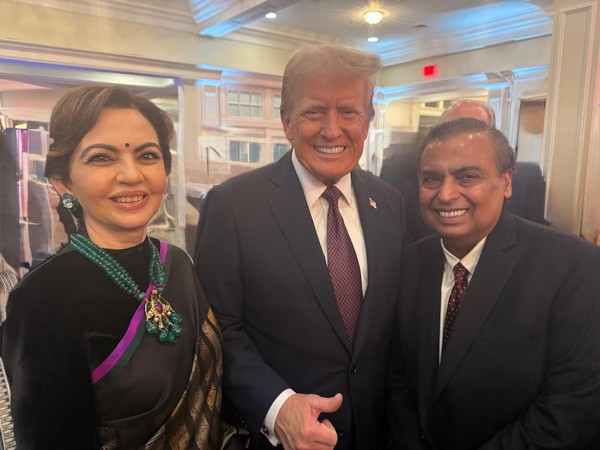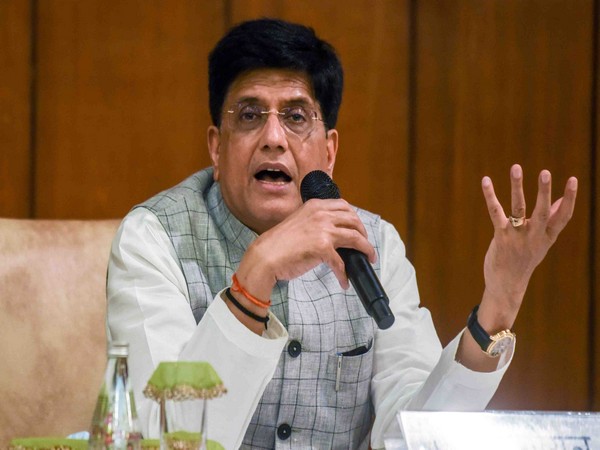
New Delhi, March 31 (ANI): Union Railway Minister Piyush Goyal addresses media during a press conference on cabinet decisions, in New Delhi on Wednesday. (ANI Photo)
New Delhi [India], November 14 (ANI): Union Commerce Minister Piyush Goyal has revealed that the central government is poised to introduce a comprehensive e-commerce policy and rules, addressing a long-standing demand by the Confederation of All India Traders (CAIT). According to a press release, the announcement was made during a Diwali day meeting between Minister Goyal and CAIT Secretary General Praveen Khandelwal at Goyal’s residence.
The minister, currently on a 4-day visit to the USA for the Indo Pacific Economic Forum meeting, assured that the documents are ready and will be officially notified upon his return on November 17. This development comes after extensive consultations involving various stakeholders, including representatives from e-commerce giants like Amazon, Flipkart, Reliance, TataClick, Misho, Snapdeal, and ShipRocket.
During the discussions, consensus was reached on six key points, marking a significant step in defining the landscape for e-commerce in the country. Goyal emphasized the meticulous consideration given to the interests of consumers and small traders in the formulation of these policies.
Goyal said, “the Central Government under the leadership of Prime Minister Shri Narendra Modi is committed to properly define the e-commerce business. The e-commerce policy and rules are completely ready and have been made very thoughtfully considering the rapid expansion of e-commerce in the country”.
Goyal added, “A lot of consultations were held with all the stakeholders, collectively and individually. He clearly said that especially the interests of consumers and small traders have been taken care of, while importance has also been given to creat a transparent, equitable and responsible business system in the country through e-commerce“.
Goyal also highlighted the recent success of the “Vocal for Local” campaign during Diwali, stating that it reinforced the confidence of Indian manufacturers. The CAIT’s slogan, “Bhartiya Utpad- Sabka Ustad” (Indian Products, Everyone’s Master), was commended as logical and convincing.”The way people have overwhelmingly supported Prime Minister Shri Narendra Modi’s call of Vocal for Local this Diwali by purchasing Indian products during the Diwali festival, it has added a new chapter to purchasing in the country. This has strengthened the confidence of Indian manufacturers and now high quality products will be manufactured in India with more efficiency and while local demand will be met, they will also be exported across the world. He described CAIT slogan “Bhartiya Utpad- Sabka Ustad” as very logical and convincing”, stated Goyal
Khandelwal expressed the urgent need for these policies, citing substantial losses in the retail market due to the online companies’ business models and violations of FDI policies.
He lauded the government’s commitment to creating a transparent, equitable, and responsible e-commerce system.
Khandelwal said, “the country is in great need of e-commerce policy and rules. In the current e-commerce business, the country’s retail market has suffered huge losses due to the unhealthy business model being used by the online companies on a large scale and the FDI policy being violated. Consumers are also being cheated by not taking any responsibility for the goods being sold through their e-commerce portal. Since e-commerce is the market of the future in the country, there is an urgent need for a strong policy and rules for e-commerce“.
Khandelwal added, “In view of this concrete assurance of Shri Goyal, more than 9 crore traders across the country are now anxiously waiting for the implementation of e-commerce policy and rules and will be more delighted to join online marketing of their products on a large scale basis beside conducting business activities through their mainline shops”.
More than 9 crore traders nationwide are now eagerly awaiting the implementation of these policies, anticipating increased participation in online marketing alongside traditional business activities. The government’s initiative is expected to bring about a paradigm shift in the e-commerce sector, fostering fair competition and safeguarding consumer rights. (ANI)








